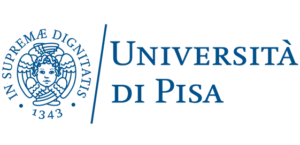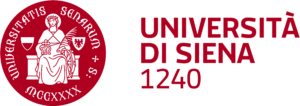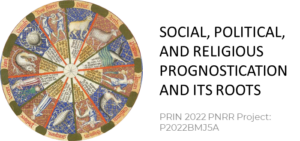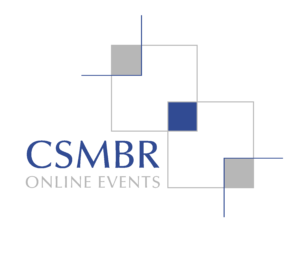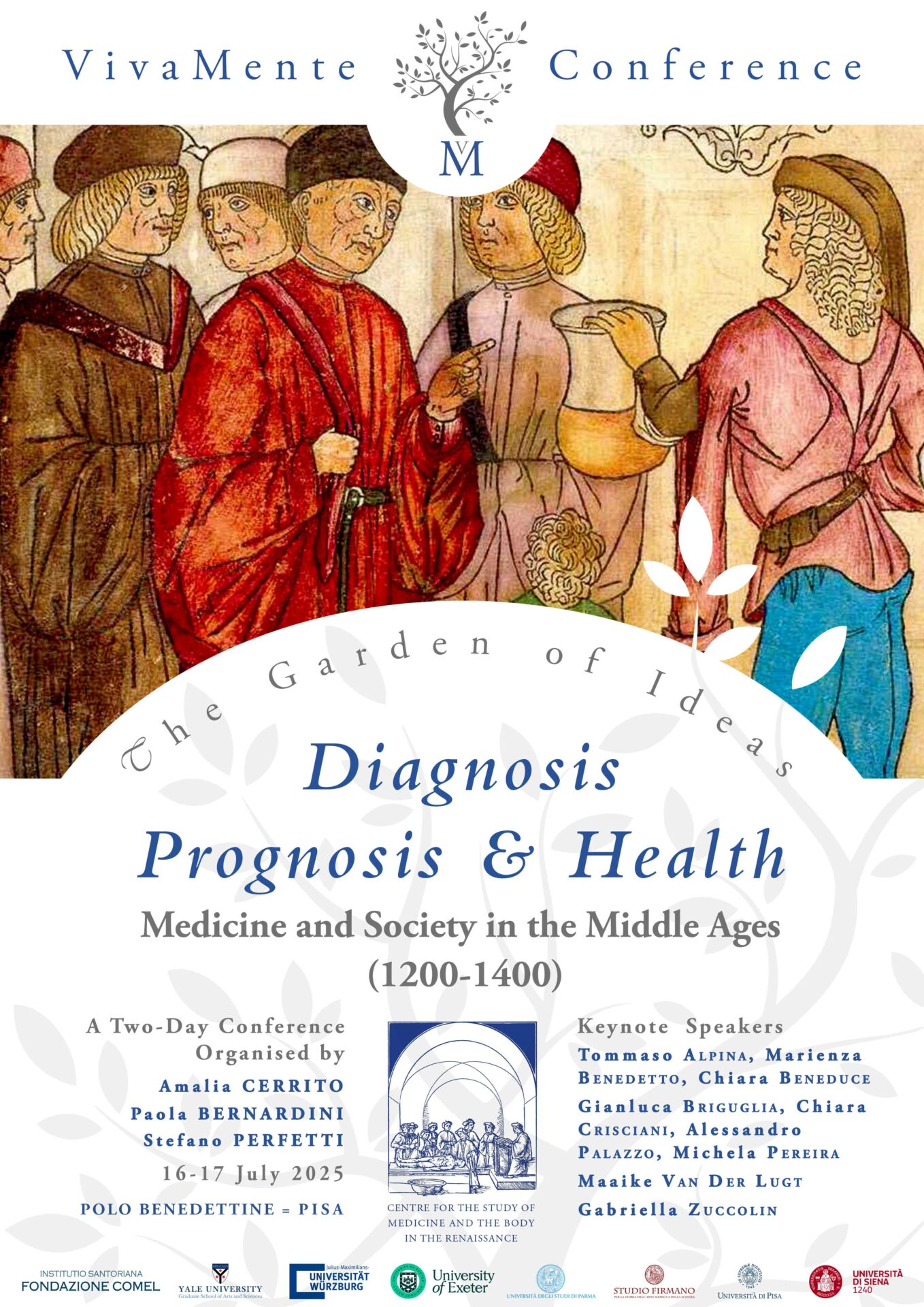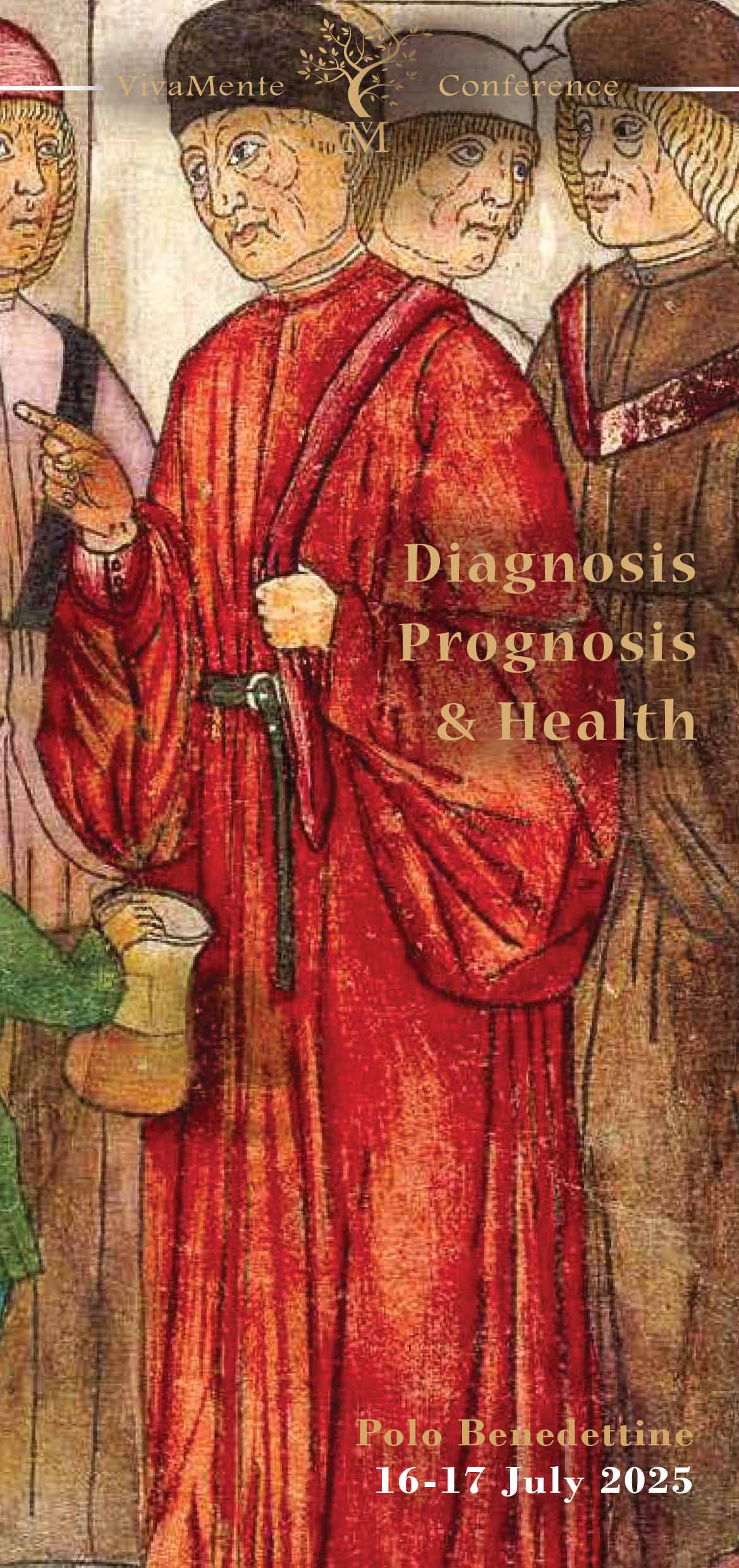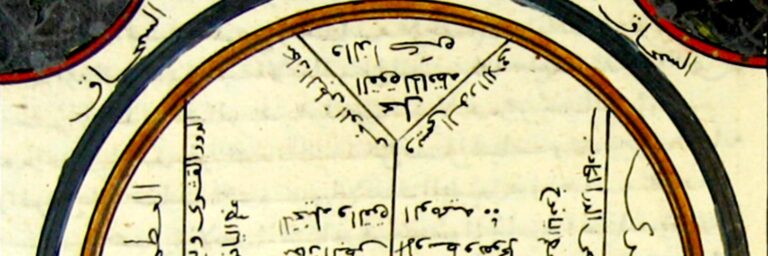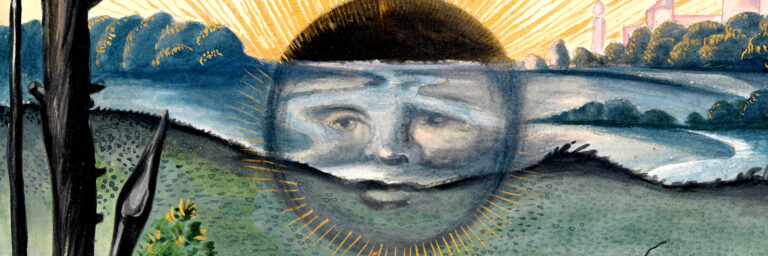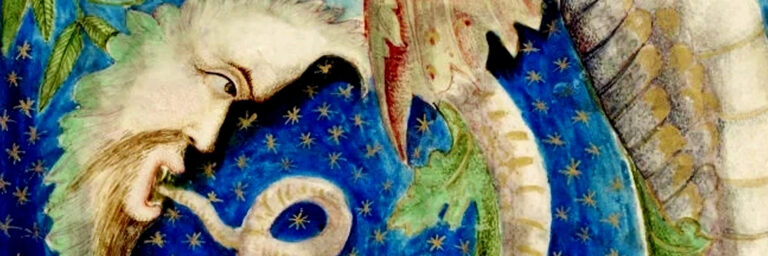Diagnosis, Prognosis, and Health
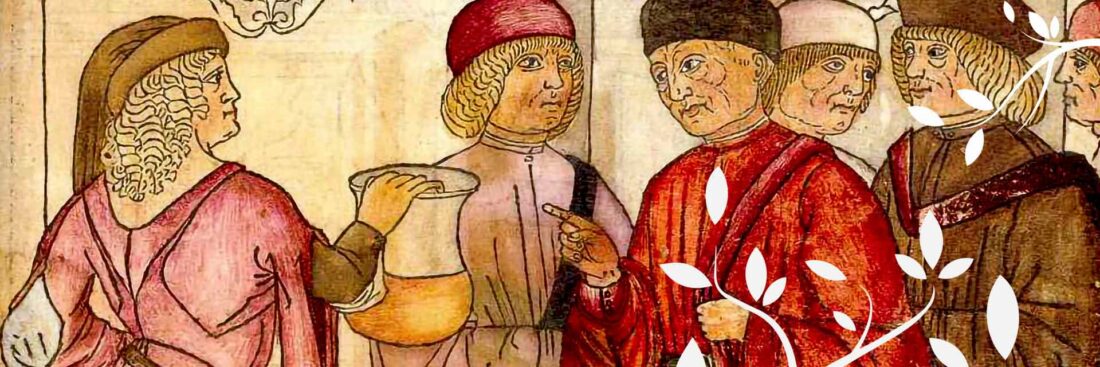
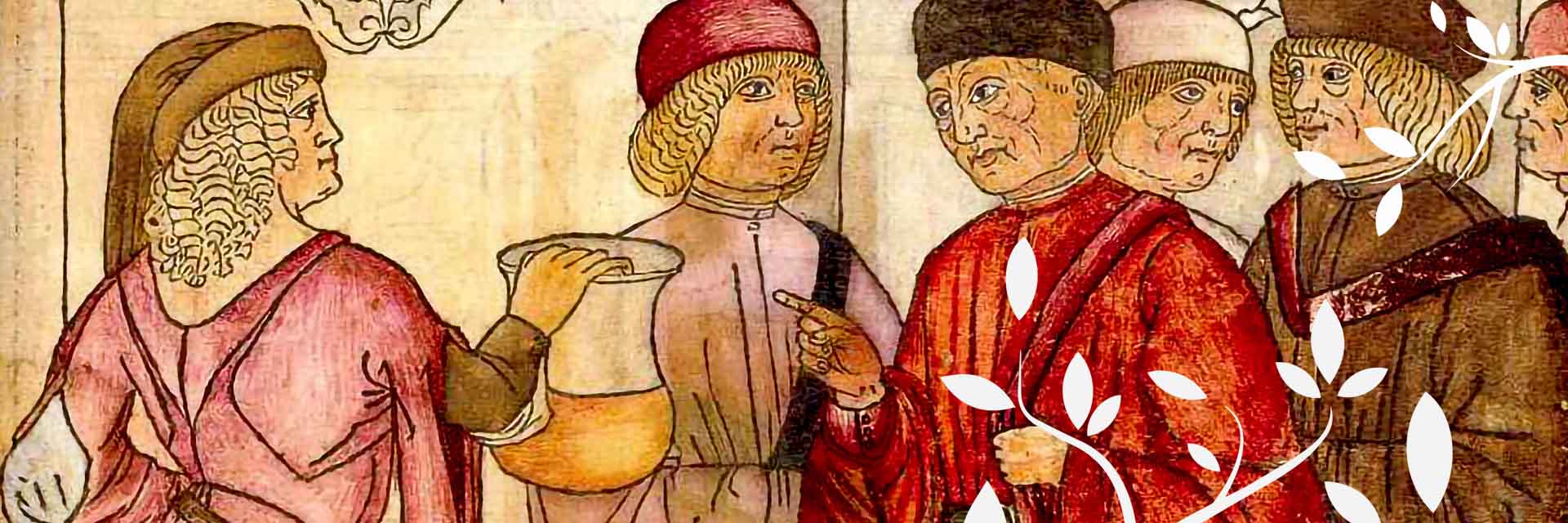
VivaMente Conference in the History of Ideas
Diagnosis, Prognosis, and Health
Medicine and Society in the Middle Ages (1200-1400)
16-17 July 2025
Polo Benedettine - Pisa
Organised by
Amalia Cerrito
Paola Bernardini
Stefano Perfetti
Keynote Speakers
Tommaso Alpina
Marienza Benedetto
Chiara Beneduce
Gianluca Briguglia
Chiara Crisciani
Lisa Devriese
Alessandro Palazzo
Michela Pereira
Gabriella Zuccolin

Click to download the poster
Conference Topics
![]()
Late Medieval Medicine, Natural Philosophy, and Intellectual Traditions
![]()
Medical Uncertainty: Disease and Crisis
Medical Uncertainty: Disease and Crisis
![]()
Medical Language and Metaphors
![]()
Health and Sickness in Political Theory
![]()
Cross-Cultural Medical Knowledge Exchanges
Programme
Click to Download the Programme
Abstracts
Forthcoming
Acknowledgements
This event is partly sponsored via a MIUR-funded project titled Social, Political, and Religious Prognostication and its Roots: Philosophical Strategies for Coping with Uncertainties and Planning the Future (PRIN PNRR 2023, P2022BMJ5A).
This VivaMente Conference examines the interplay between medicine and society in the Late Medieval period through an interdisciplinary lens, assessing how medical theories, practices, and language both shaped and were shaped by philosophical, theological, and political thought.
In the Late Middle Ages, medicine was not merely a scientific and professional discipline but a complex system of values, tools, and languages that were deeply intertwined with the political, social, and legal dimensions of the period. Recent scholarship acknowledges medieval medicine as a dynamic and evolving field, interwoven with religious, philosophical, and social aspects. Although medieval universities established distinct faculties—Arts, Theology, Law, and Medicine—these fields remained interconnected. Medicine’s interaction with theology and philosophy shaped the epistemology of medical practice, while anatomical observations and medical theories significantly influenced philosophical debates on cognition, physiology, and health. Medicine both influenced and was influenced by political thought, with the State often conceptualized as a living body susceptible to imbalances and diseases. Medical thought shaped gender hierarchies and responses to epidemic crises (such as the Black Death), intersecting with legal and religious ideas on health and bodily normativity.
This conference will explore how concepts such as diagnosis, prognosis, and health served as conceptual bridges connecting medicine with philosophy and theology, shaping broader debates on uncertainty, anomalies, and crisis management. The conference speakers will investigate how medical theories, practices, and language both influenced and were influenced by philosophical, theological, and political thought. Specifically, it will address the following key themes:
-
-
- The interplay between medicine and natural philosophy and the integration of classical Greco-Roman medical knowledge with Arabic and Jewish traditions.
- Medical knowledge at the Faculties of Arts and its role as a preparatory discipline for philosophical and theological education
- Medical metaphors, language, and practices in medieval political theory.
- The contribution of medicine and physiognomy to medieval ideas of ideal rulership and the legitimacy of power
- Medical doctrines in ethical and political debates: rational techniques to understand and regulate the interactions between bodily and emotional dynamics.
- Rationalization of diseases and epidemics at the crossroad of medicine, philosophy, and social concerns.
- Extraordinary biological phenomena, particularly congenital anomalies, monstrous birth, and hereditary conditions.
-
Organisation
The conference will bring together scholars specializing in Medieval, Islamic, Jewish, and Early Modern thought to explore the intersections between medicine and society during the Late Medieval period. It aims to foster dialogue on the intricate relationship between medicine and society and, through an interdisciplinary approach, to encourage scholarly exchange across various academic fields.
The program is structured into three thematic sessions, each consisting of 25–30 minute presentations, followed by a Q&A session to facilitate in-depth discussion:
Session 1: Diagnosis, Prognosis, and Health: Medical Practices in the Social Context
Session 2: Medicine, Politics, and the Human Body
Session 3: Medicine, Society, and the Management of Uncertainty
Spanning one and a half days, the event will be conducted in a hybrid format, allowing both in-person and online participation.
We particularly welcome postgraduate students, PhD candidates, and early career researchers from the fields of the history of ideas, the history of philosophy, and the history of medicine. Their active participation and contributions to the discussions are highly encouraged. Free access to the event is granted to both online and in presence attendees via CSMBR Membership.
The conference proceedings will be submitted for peer-reviewed publication in the series Palgrave Studies in Medieval and Early Modern Medicine.
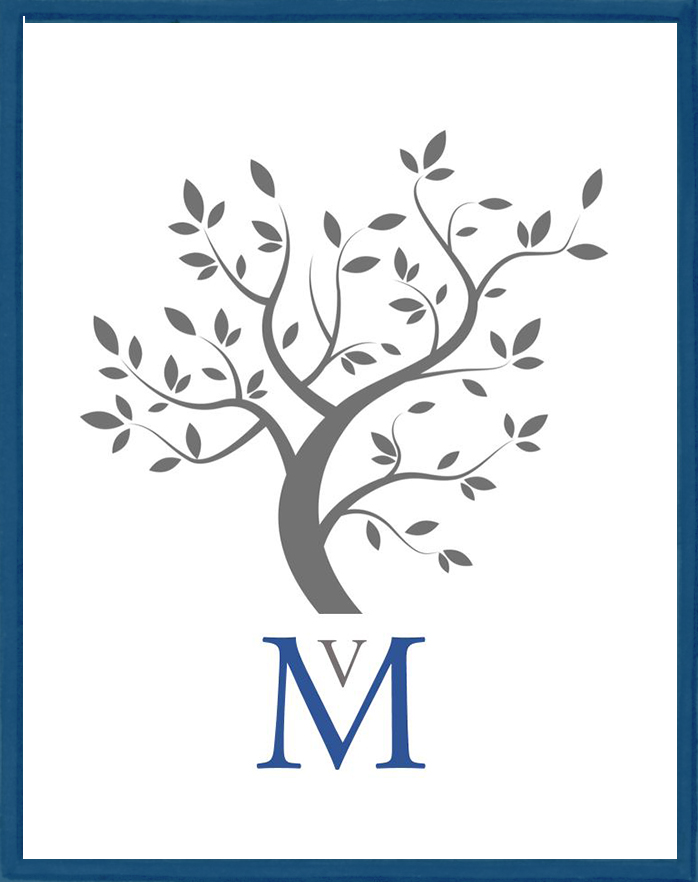
Conference type: Hybrid
Dates: 16-17 July 2025
Venue: Polo Benedettine – Pisa
Registration Deadline
In Presence: 30 June 2025
Online: 14 July 2025
Queries and Proposal Submission
Registration Fees
Check Out
Conference Proceedings

Credits
Scientific Direction:
Fabrizio Bigotti
General Coordination:
Tomaso M. Pedrotti Dell’Acqua
Samuele Filippi
